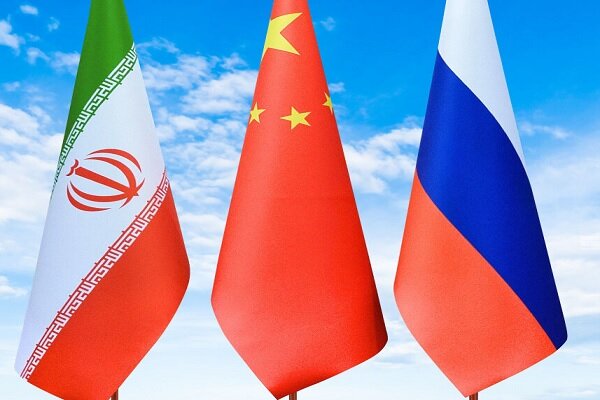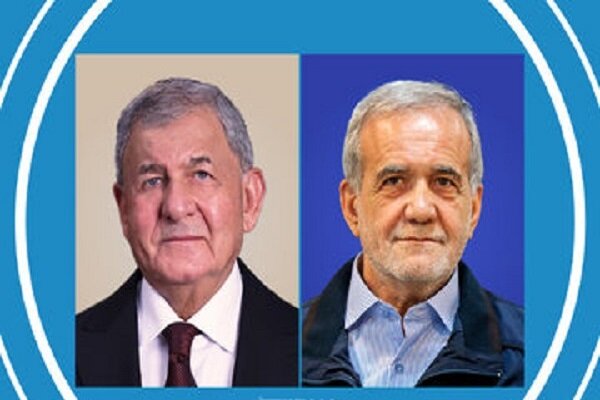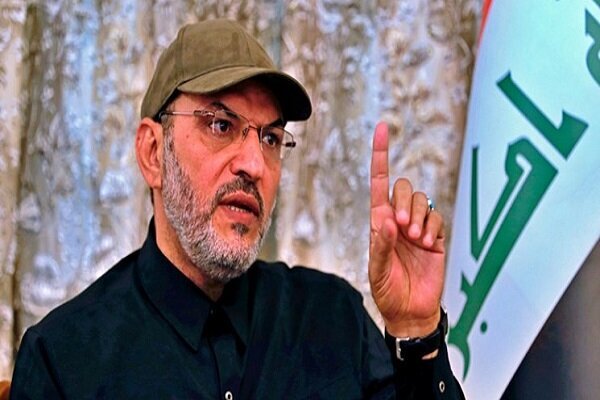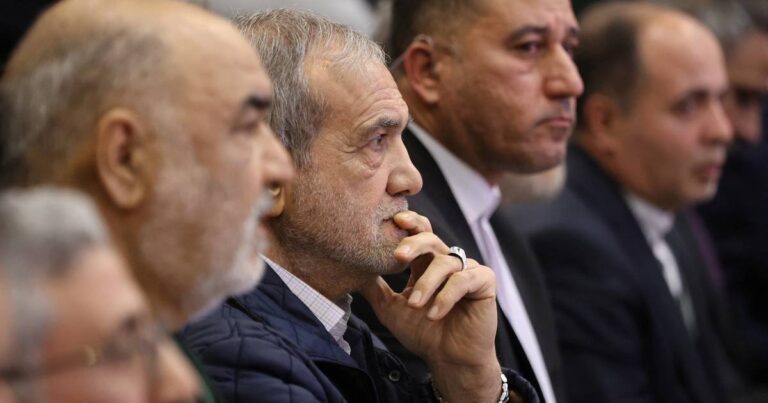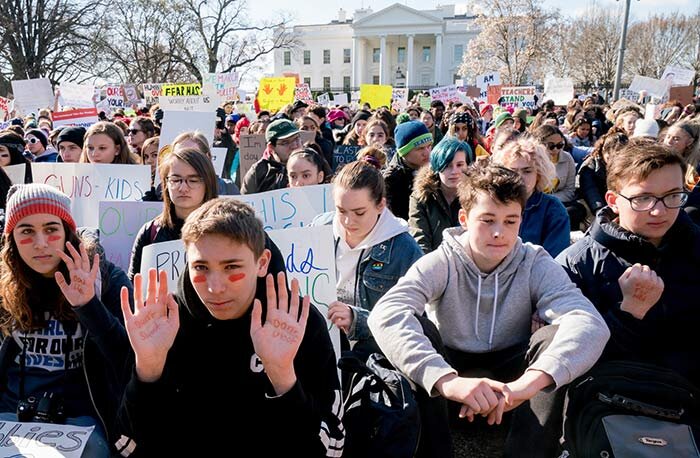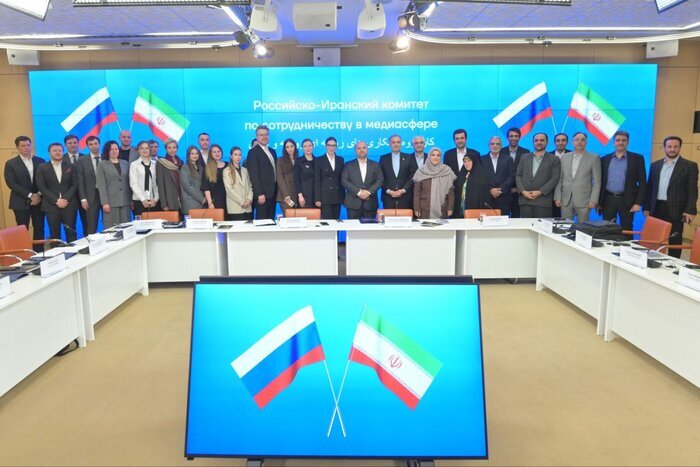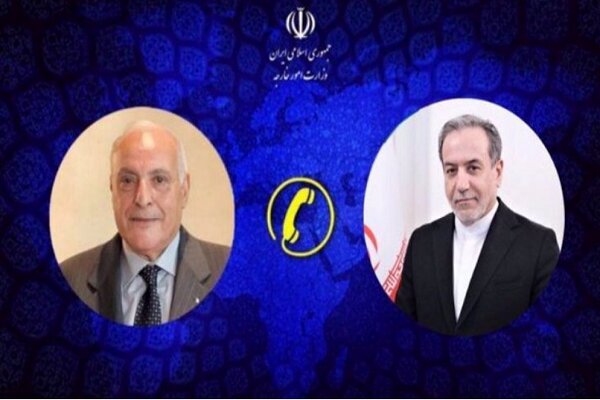High-Stakes Trilateral Talks Kick Off in Moscow to Address Iran’s Nuclear Program
In a significant development for international relations and nuclear diplomacy, expert delegations from Iran, Russia, and China have commenced negotiations in Moscow regarding Iran’s nuclear program. This crucial meeting, which began on Tuesday afternoon, is taking place behind closed doors, as reported by the national Iranian TV and Radio, also known as IRIB.
According to Maria Zakharova, the spokeswoman for the Russian Foreign Ministry, these consultations serve as a platform for discussing pressing issues surrounding Iran’s nuclear ambitions. The absence of journalists further emphasizes the sensitive nature of these discussions.
Background of the Negotiations
The negotiations follow a series of complex dialogues regarding nuclear energy and weapons programs, which have been a longstanding point of contention in international politics. The involvement of Iran, Russia, and China indicates a collaborative approach to addressing global security concerns.
- Iran’s Nuclear Program: The Iranian nuclear program has been under scrutiny for years, with various nations expressing concerns about potential weaponization.
- International Relations: This meeting highlights the strategic partnership among Iran, Russia, and China, particularly in the context of U.S. sanctions and geopolitical tensions.
- Closed-Door Format: The closed nature of these negotiations suggests an intent to foster open and honest dialogue, away from media scrutiny.
Objectives of the Moscow Talks
The primary objectives of the Moscow talks are to:
- Enhance Transparency: To create a more transparent framework concerning Iran’s nuclear activities.
- Strengthen Alliances: To solidify the alliances between the three nations and establish a united front on nuclear issues.
- Address Global Concerns: To address the concerns of the international community regarding nuclear proliferation.
Implications for Global Security
The outcomes of these negotiations could have far-reaching implications for global security and diplomatic relations. By engaging in dialogue, these nations aim to:
- Reduce Tensions: Alleviate some of the tensions surrounding nuclear proliferation in the Middle East.
- Promote Stability: Work towards a more stable geopolitical environment in the region.
- Encourage Cooperation: Foster greater cooperation on nuclear energy and safety standards.
International Reactions
The international community is closely monitoring these negotiations, as they could lead to significant changes in how nuclear programs are perceived and regulated. The reactions include:
- Support from Allies: Countries allied with Iran, Russia, and China may express support for their diplomatic efforts.
- Criticism from Opponents: Nations opposed to Iran’s nuclear program are likely to voice concerns about the negotiations’ implications.
Future Prospects
As the negotiations unfold, the future of Iran’s nuclear program remains uncertain. However, the current talks in Moscow represent a pivotal moment in international diplomacy. The actions taken by Iran, Russia, and China could pave the way for:
- Potential Agreements: Possible agreements that could lead to a more comprehensive understanding of Iran’s nuclear activities.
- Increased Dialogue: A new era of increased dialogue among the nations involved.
- Long-term Solutions: Long-term solutions aimed at ensuring regional and global security.
In conclusion, the negotiations taking place in Moscow mark an important step in addressing the complexities of Iran’s nuclear program. The collaborative efforts of Iran, Russia, and China could potentially reshape the landscape of international nuclear diplomacy and contribute to a more secure future.
